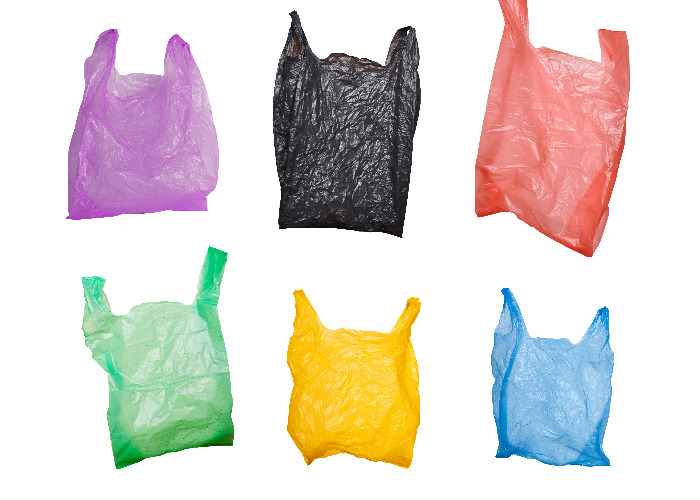New plastic bag ‘tax’: where does your money go?

Big retailers now have to charge 5p for plastic bags. But where will your money go?
From today supermarkets and other large shops in England will have to charge customers 5p for single-use plastic carrier bags.
The move is meant to cut the number being used in order to help protect the environment from litter and pollution.
In 2014, 7.6 billion single-use plastic bags were given out by major supermarkets – equivalent to 140 per person and amounting to a whopping 61,000 tonnes of waste.
Plastic can have a big impact on the environment. Around eight million tonnes of plastic ends up in our oceans each year, and plastic bags that end up in landfill take hundreds of years to degrade.
The 5p charge is expected to reduce the number using single-use plastic bags by as much as 80% in supermarkets and 50% on the high street.
Where the money is going
The 5p charge will have to be enforced by shops that employ 250 or more staff, like major supermarkets and high street retailers.
It’s estimated £60 million will be saved in the cost of cleaning up the litter created by plastic bags, while £730 million will be raised by charging for them over 10 years.
But shops won’t get to keep this money. The Government wants retailers to pass on the cash raised from the plastic bag tax to charities and not-for-profit organisations.
Retailers will have to keep track of how many plastic bags they’ve given out and where the proceeds have gone. They will then have to report this to the Government each year.
Will the charge help bring down usage?
England is the last part of the UK to introduce a charge for plastic bags.
Wales has had one since 2011, Northern Ireland since 2013 and Scotland since 2014.
But England has not adopted the same policy as the rest of the UK, where all retailers – not just the big ones – have to charge for all types of disposable bags, including paper ones.
Some campaigners say this will hinder the positive impact the 5p tax will have.
In Scotland there has been a 12.8% drop in usage since the charge was introduced. But in Northern Ireland and Wales, where the charge has been around for longer, there’s been a 42.6% and 71% respective decline in the number of plastic bags being picked up by shoppers.
How to beat the 5p charge and help the environment
You can avoid paying for a 5p bag and do your bit for the environment by re-using any single-use bags you might already have and invest in a few longer lasting ones.
Most supermarkets offer stronger plastic bags for around 50p that have a longer life span than thinner single-use plastic bags and most offer a ‘bag for life’ range made from more envirnmentally friendly materials like canvas or jute that cost a couple of quid.
Storing these in your bag or in the boot of your car will mean you aren’t caught out at the shops and so you can avoid paying the 5p charge.
Need a new credit card? Compare the best offers with loveMONEY
Now read these:
Comments
Be the first to comment
Do you want to comment on this article? You need to be signed in for this feature